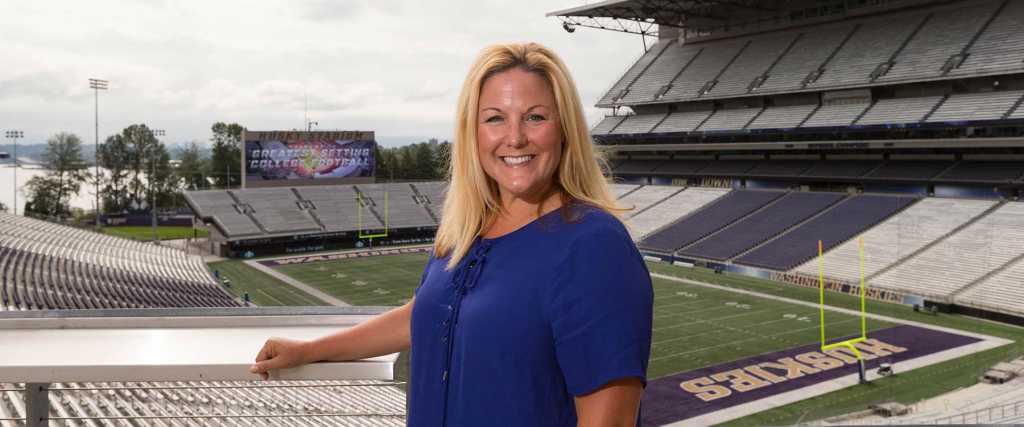Page 210 • (2,187 results in 0.039 seconds)
-

)—Displaying their vocational passion for teaching, 35 Pacific Lutheran University alumni graduated from the 2014 class of National Board Certified Teachers, making PLU ninth in the nation for graduates who choose to become NBCTs. “This is an affirmation of our program,” said Frank Kline, Dean of PLU’s Department of Education. “It’s something that I feel proud about.” Dannielle Hanson, who graduated from PLU with a bachelor’s degree in 2008 and a master’s in Teaching in 2010, is a member of the
-

be defined through the colonizer’s terms.” BIPOC The intention behind the term BIPOC—which stands for Black, Indigenous, People of Color—is to center the experiences of Black and Indigenous peoples in the United States, while making a distinction between these two groups and other groups of color. Discussion Questions 1) What is your understanding of: Anti-Blackness? Anti-Racism? Decolonize? BIPOC? 2) Provide examples of Anti-Blackness… In media? In schools? In our personal lives? 3) There was a
-
from all majors and backgrounds. “We want to attract students with a commitment to (diversity, justice and sustainability) values,” he said. “If they don’t come with that, we hope they leave with it.” This spring is the first time the class has been offered. All five students enrolled live in a four-bedroom house in Hilltop. “We all have different interests, but we’re all very like-minded,” Easley said of her classmates. #LutesAwayView social media posts by Lutes who are making a difference all
-
following summer. It’s what really launched my playwriting career.” Each summer after that, he wrote for more touring productions, and eventually realized he liked writing plays — not just for Creede Rep, but for other theatres as well. Like many playwrights, he’s best known for a handful of plays. His best-seller is a farce called Drinking Habits, about a group of nuns secretly making and selling wine. It’s been produced in more than a dozen countries and has been translated into five languages. His
-
, has become vital ‘for the honorable discharge of the duties of life.’ Like any powerful technology, computer systems can be used for the benefit of all or, in the hands of the selfish, for the benefit of a few at the expense of many. Although relatively few liberal arts graduates may enter a computing profession, many liberal arts graduates will be making policy decisions and taking leadership roles within a democratic society. All of these people need to understand opportunities and issues
-
and making revisions to a course they teach. Each semester, the curriculum for the seminar will be determined, in part, by the participating faculty members’ interests, experiences, and needs. Faculty will be invited to indicate their level of interest in the following topics, and the syllabus for the term will be constructed with these preferences in mind: Class Ability and Ableism Equity vs. Equality Gender and Sexuality Institutional Racism Intersectionality Whiteness and Privilege Interfaith
-

the Washington, D.C., PLU Alumni Chapter and coordinates alumni events on the East Coast. Henrichsen’s UNESCO publication came out just a few weeks ago. Lisosky had informed Henrichsen about a call from UNESCO for a research project a few years ago, so they began working on a proposal. After getting second place, the team was going to put the proposal to rest until one phone call let them know that the first place team had been let go, making their proposal the chosen one. Lisosky said Henrichsen
-

, though she admits she wasn’t the best coach or the best athlete. She talks fondly of those years when she was doing it all, as she puts it, including making popcorn during basketball games. “I was gettin’ after it,” she said with a wide grin. Cohen said it’s clear what makes PLU stand out: “Hands down, number one — grit,” she said. “People work their tails off at PLU.” During her time as a graduate student, Cohen worked in an athletic department that was home to the late Frosty Westering, a football
-

and achieve in life,” says Speer. CIS of Key Peninsula manages a team of staff, educators and 140 volunteers delivering a variety of programs and services in 10 out of the Peninsula School District’s 15 schools. Both Speer and Shultz are motivated by their organization’s unique opportunity to make a positive and profound difference in the trajectory of Peninsula-area students. “The most gratifying part of our work is knowing that what I do ‘behind the scenes’ is making a difference in children’s
-

building support systems similar to the ones she had, Chávez said. To get there, she says leaders should avoid polarizing, zero-sum approaches to solutions and exhibit compassion for all sides. “It’s really about getting us together and making this society better,” she said. “These conversations have to happen. But they have to happen better, more thoughtfully.”
Do you have any feedback for us? If so, feel free to use our Feedback Form.


